Chennai, Jan 25: While many among us witnessed shocking images of flooded roads and submerged cars on their television screens during the floods that struck southern India last year, certain fortune hunters were resourceful enough to look beyond the tragedy to spot a one-in-a-lifetime opportunity. Today, many among them – automobile dealers as well as individual buyers – are making a beeline for a city that’s giving away luxury vehicles worth crores for a fraction of their actual price tag.

The bargains are unbelievable – a 2009 model BMW or an Audi for as low as Rs 2 lakh, a Land Rover worth Rs 1.25 crore for a mere Rs 18 lakh – and it only gets better. The competition is heating up now, and an ever-increasing number of people are taking the opportunity to score some wheels that they could otherwise imagine owning only in their wildest of dreams.
If you are really lucky, like textile manufacturer T Mathavraja from Salem turned out to be, you could drive home in a 2014 model Audi A6 that doesn’t even need any tinkering. Revealing that he paid just Rs 17 lakh for the car, an audibly excited Mathavraja gushed over the phone: “No, I did not even have to spend a paisa on repairs, not even for cleaning the vehicle! I just got in and began driving.”
The auction was conducted by cardekho.com at its yard in Tiruverkadu, Chennai.
“It felt fantastic to win this baby, when there were some 20-25 bidders at the auction! I would otherwise have had to pay Rs 50 lakh for it,” he said, adding that he mostly relied on his gut feeling to make the purchase.
However, Arvind Dabas – a former Delhi police constable-turned-car dealer operating from Delhi and Noida – brought with him a team of 15 highly trained mechanics armed with modern gadgets that leave nothing to chance. Speaking to HT, he said this could only be a win-win situation for him.
“There is no chance of making a loss. If there is vehicle that’s completely damaged, I rip it apart for parts. We will get its registration cancelled and buy it as scrap,” he said.
His team, comprising three engineers and a dozen mechanics, has been housed at a rented place in the outskirts of the city.
Dabas, who wants to buy many flood-damaged cars – irrespective of size or condition – from Chennai, intends to spend four to five months in the city. He has taken a huge 10-acre yard, capable of holding a couple of thousand cars, on rent.
The former constable is an old hand at purchasing cars damaged in natural disasters. Though he had bought around 300 cars in the aftermath of the Jammu and Kashmir floods, it couldn’t compare to Chennai – which he claimed was the “biggest” in terms of damages and number of cars on offer.
The city found another bulk buyer in Tayyab Mirza from Hyderabad, who picked up around 40 cars of various makes and brands.
If there’s somebody else who’s smiling amid all this, it’s the auctioneer himself – cardekho CEO Abhishek Gautam. This is his fourth flood-related auction, the previous ones being the 2005 Mumbai floods, the 2006 Surat deluge and – finally – the Jammu and Kashmir floods of 2014. He says that Chennai, by far, suffered the most in terms of vehicular damage.
“Auctioning some 5,000 vehicles is going to take quite some time, which is why I have taken a flat on rent for myself as well as my team from Delhi,” he said. Most of the submerged vehicles suffered from damage to their engines as well as electronic circuitry, Gautam added.
Dabas, quite an expert at vehicles himself, gives his opinion with greater authority. He says that while some cars suffered little damage and were in need of only a little tinkering, others – like a Land Rover he bought – would need anywhere between Rs 3-4 lakh to be made roadworthy.
“This is the estimate given by my engineers, and they are usually right,” he said in a telephonic conversation. His more notable purchases included a shiny Audi – barely a few months old – with a price tag of just `18 lakh.
These auctions also work to the advantage of insurers, who are otherwise stuck with the tough job of paying the clients their dues. “The more successful the auction, the better we can plug our losses,” said an insurance company official.
Insurance firms were flooded with as many as 30,000 claims for damaged vehicles during the November-December deluge. As many as 10,000 of these vehicles would have to be auctioned off, sources said, adding that high-end luxury cars would take at least three to six months to dispose of.
While owners can directly sell a damaged car, not many prefer to do it on account of the paperwork required as well as security issues. Alternatively, insurance companies deal with used car dealers who either repair it or sell it as scrap. The third option is to give the vehicles to auctioneers such as cardekho.com, auctions division and copart.in, which will try to get the best price for you.
Besides physical auctions, players like cardekho.com and copart.in carry out online auctions – thereby allowing people across the world to participate in the bidding process. And in a situation that works to the benefit of everybody from the insured to the auctioneers and the lucky buyers, the only losers turn out to be insurance companies.
“We are trying to cut down our losses… but all the claims are being settled in a fair and just manner to ensure that our clients don’t suffer,” the regional head of an insurance company said on the condition of anonymity.
The losses suffered by insurance companies due to the 2015 floods are huge, and it would be impossible to gauge the quantum of the claims at this juncture, he added.




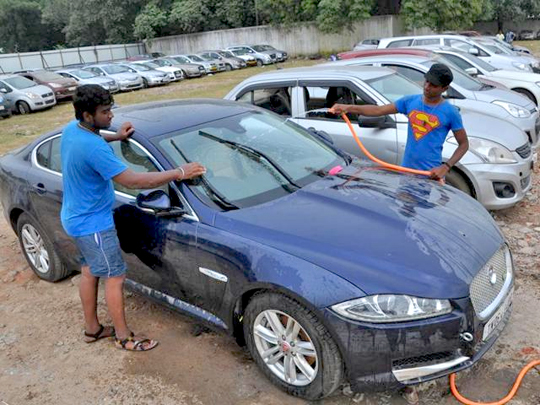
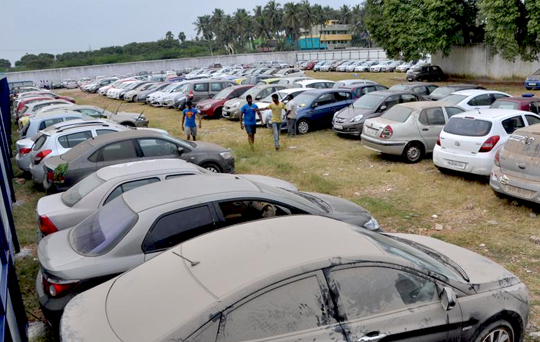
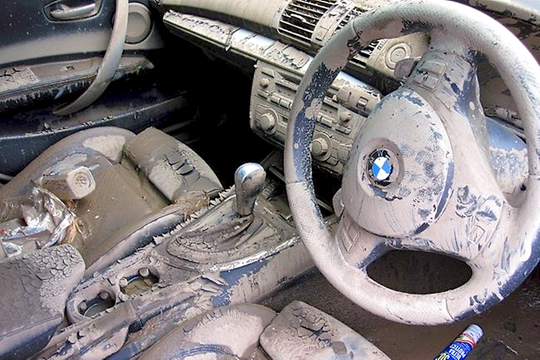
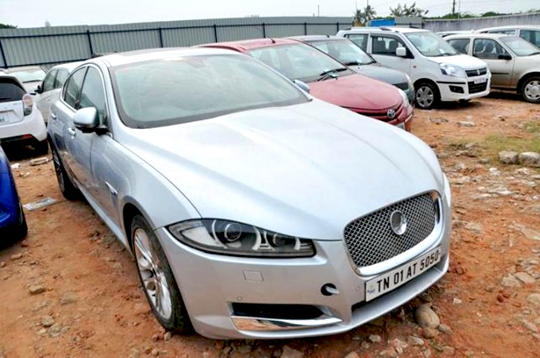
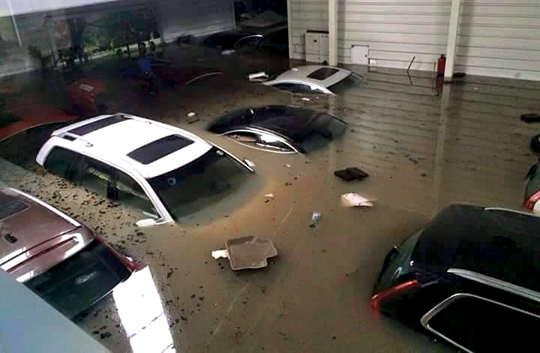
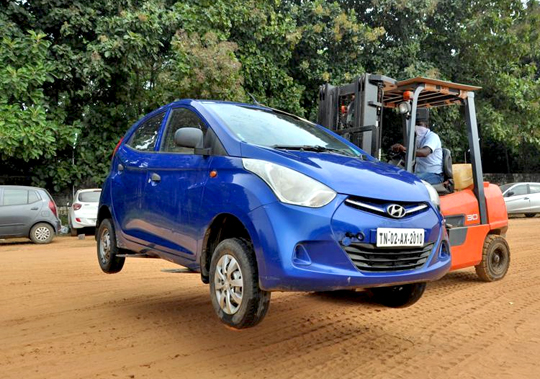
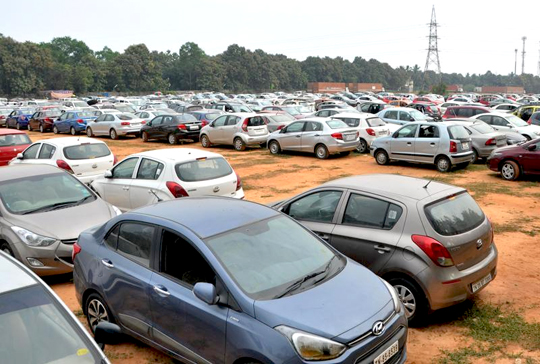

Comments
I need innova flooded car
Hello! This is my first visit to your blog! We are a collection of volunteers and starting a new initiative in a community in the same niche.
Your blog provided us beneficial information to work
on. You have done a extraordinary job!
Also visit my blog post - self driving cars: http://autotechnews.net/tag/self-driving-cars/
Am shocked abt the deal i want to knw more
I want to knw more about ds deal i want to buy but wanna knw da deal
definitely i believe the engines are ceased due to water. I hope they have replaced original engine?
Good Morning Dear Respected Sir
Intrested in these flooded Cars
Add new comment